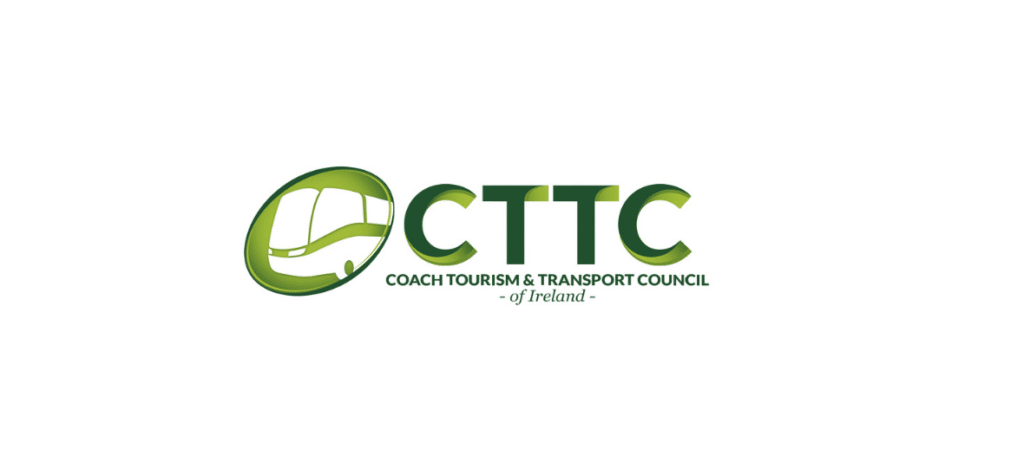The Coach Tourism & Transport Council of Ireland (CTTC) maintains that the exclusionary action will actively disadvantage thousands of passengers. The representative body asserts that the policy is unfair and anti-competitive.
The Coach Tourism & Transport Council of Ireland has asserted that the decision to exclude private bus companies from the 20% fare reduction on State-funded public transport services – which has come into full effect – risks putting hundreds of operators, across the country, out of business while adversely impacting the future of Ireland’s transport network. The preferential treatment of State services over commercial entities raises questions around fairness, as it will allow State-funded transport services to offer a significantly reduced rate to passengers, thereby effectively creating a monopoly.
The 20% fare reduction came into effect across public transport services in the Greater Dublin Area, and will remain in place until the end of this year. The reduction applies across a number of public transport services, to include; Dublin Bus and Go-Ahead Ireland, among others. In addition, fares on both Bus Éireann and Transport for Ireland (TFI) Local Link services were reduced by 20% last month.
The CTTC contends that these latest measures demonstrate a casual disregard for commercial bus operators, who collectively support more than 31 million journeys on an annual basis. In the face of crippling fuel prices, and unprecedented increases in operational costs, many private operators are already struggling. CTTC members fear that the loss of patronage, as a result of this exclusionary policy, could push hundreds of family-owned, private transport companies to financial ruin – a situation that would irreparably damage Ireland’s national transport network. Given that most private bus companies operate on low margins, individual operators are not in a position to replicate this 20% discount, when no subsidisation has been afforded to the sector. This is to the detriment of their customers – many of whom are based in regional areas, where existing public transport services are largely inadequate.
As a means of resolving the issue, the CTTC is calling for private operators to be included in the 20% fare reduction scheme as a matter of urgency. The representative body estimates the total cost to the Government of including private operators in the scheme to be approximately €23.7 million. This is a sum which pales in comparison to the €538 million of funding for Public Service Obligation (PSO) and Local Link services that was secured by the Department of Transport as part of Budget 2022 – which is being used to support this initiative.

Commenting, John Halpenny, Chairperson of the Coach Tourism & Transport Council of Ireland (CTTC), said: “The decision to actively exclude private operators from this scheme unconscionably distorts the market, and enables State-funded services to engage in a monopoly, by offering the type of discounts that family-owned, private transport companies could never compete with. Simply put, this decision risks putting hundreds of operators out of business. The majority of our members operate regional and commuter services – and as a result of this exclusionary policy, many of our passengers are now being actively disadvantaged at a time when there is a cost of living crisis. The solution is straightforward – the Department of Transport must seek to include commercial bus operators in the 20% fare reduction scheme as a matter of grave urgency”.
“We estimate the total cost of rolling out this scheme across the private transport network to be approximately €23.7 million – a relatively modest investment, when compared to the hundreds of millions of funding allocated by the Government for PSO and Local Link services in Budget 2022. Ultimately, the cost of including private operators in the scheme is inconsequential, when you consider the financial repercussions of a diminished private bus network and the environmental consequences of a mass return to private, single-occupancy vehicles among disenfranchised rural commuters”.



